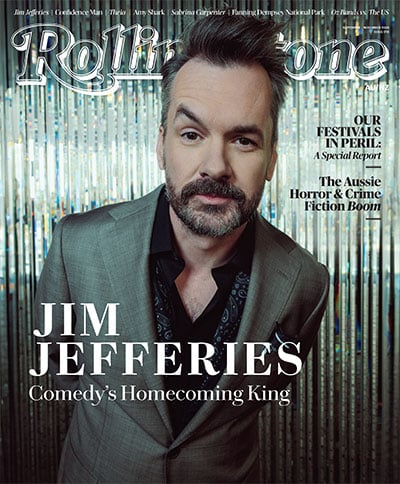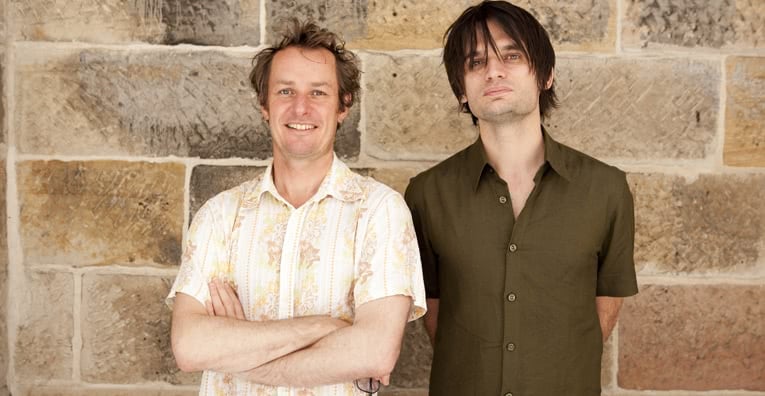At age 25, Richard Tognetti was appointed artistic director and lead violinist for the Australian Chamber Orchestra. His career since then has seen many great shifts in the ACO – and within Australian classical music in general – and now with the arrival of Jonny Greenwood’sWaterwe may see a whole new shift again, as fans of the Radiohead guitarist find themselves ear-to-ear with Beethoven. For Tognetti, it’s a matter of education.
“We don’t have great music education in schools in Australia,” he tells me from somewhere in Slovenia. While he is invested in the conversation, he cannot help but stifle yawns throughout; a testament not to his disinterest, but to the gruelling schedule the production has undertaken already. “You don’t get to thoroughly learn an instrument there, and the exposure isn’t necessarily always present. The problem with defining classical music as such is that it doesn’t consider the timeline. Even discussing rock’n’roll, that’s just shorthand for popular music of the last 50 years. But the music that people define as ‘classical’ is music that goes back 500 years, and to deny yourself that history is an unfortunate thing.
“If you’re just listening to the most contemporary, popular music, you’re just eating nothing but white bread. I mean, you can’t shove this kind of music down people’s throats, but you’re denying yourself the entire history of human artistic endeavour. You’re denying yourself entire other cultures. And that makes an interesting angle with Jonny Greenwood, where he’s part of one of the most exciting, popular bands, but he’s plugged into a very important and serious heritage that I would suggest should not be ignored.”
While Greenwood may not be the first name that springs to mind when you think of the ACO, you needn’t look far to find his interests in the genre. His cinema scoring has been applauded around the world, and his soundtrack for There Will Be Blood is a thing of grim beauty. Odd as it may seem for audiences to find their first exposure to classical scores through film – that is, through another medium entirely – Tognetti is happy regardless of how people find their way into this world. “I’m absolutely fine with it,” he laughs. “It doesn’t matter what the portal is. If you come to the concert hall because you’ve heard a bit of Radiohead, or you go to the cinema and find yourself blown away, as I was, by the music, it activates a curiosity to continue that line of listening. From there you’ll hopefully find yourself in a concert hall where the experience is completely different again. So, it’s an absolutely valid and interesting portal into the world of fine arts.”
In addition to his remarkable ascent in the ACO, Tognetti was also declared a National Living Treasure in 1989. He’s now been artistic director for 25 years, and when asked if he has plans for another quarter-century in the company, he chuckles.
“This has been a long, arduous trip, and I’m still not certain I was all that worthy of such an accolade. But all of these many years later, I am reminded of that old adage, that humbling reminder that you are only as good as your last performance. You can’t prophesise these things, but it’s taken a long, long time to achieve certain goals with this orchestra. And I feel at last that we’re scoring important goals, and that there are certain things that I know are going to take ten years to fulfil with the ACO. It will take a while. But I feel we’ll get there.”
Water as part of the ACO’s Tognetti’s BeethovenatConcert Hall, Sydney Opera HouseonSunday November 2 and Monday November 3, tickets online.

































